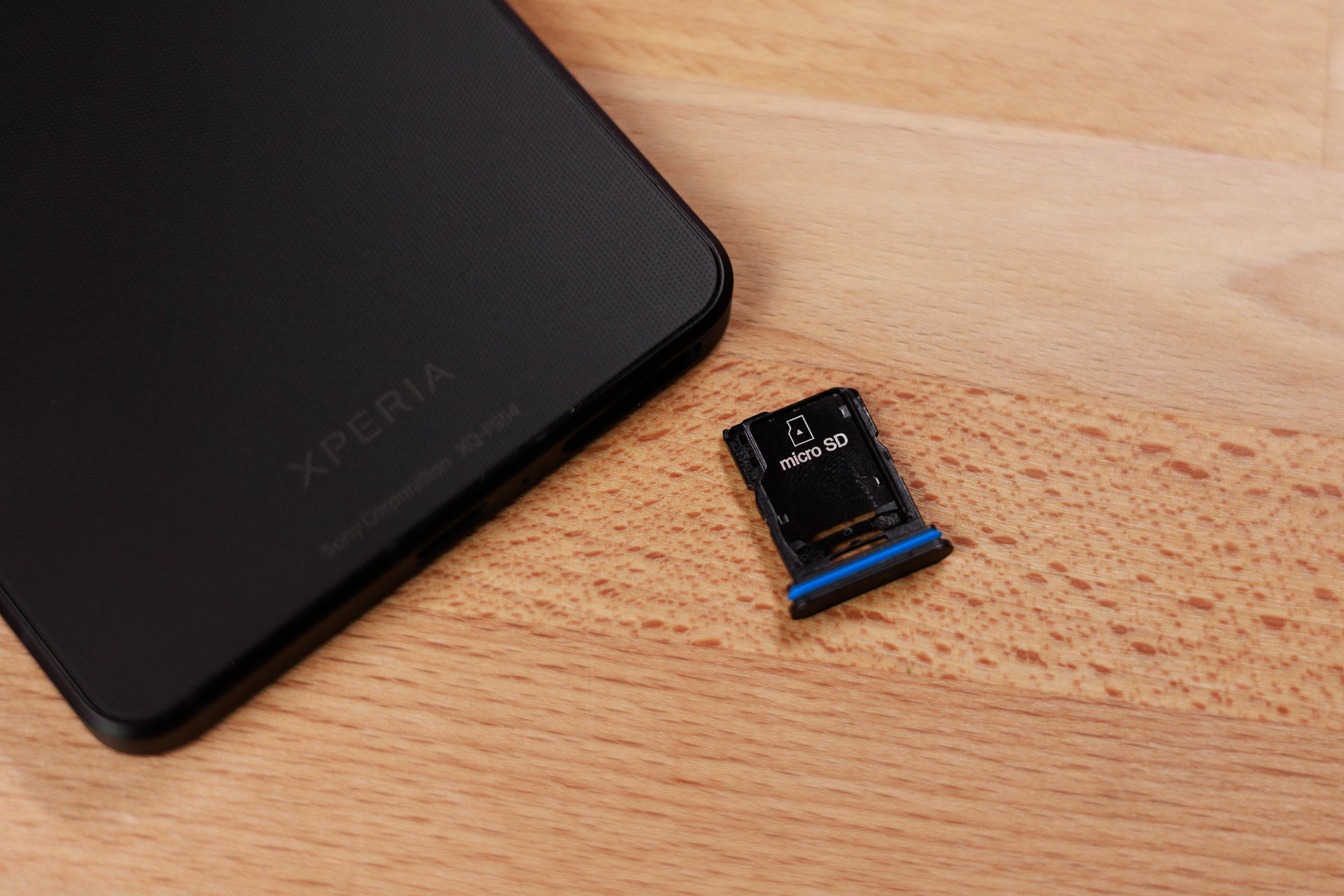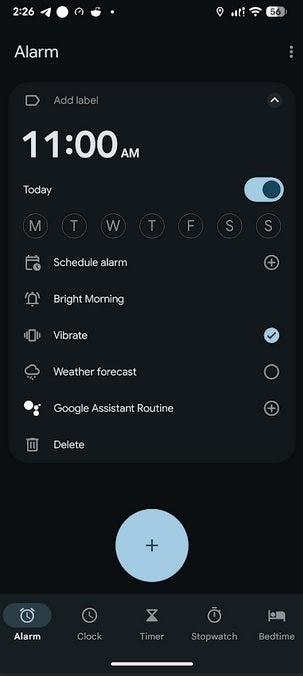If you own an Intel-based Mac, you need to be vigilant as there is a new malware called MetaStealer that is targeting Mac computers. This malware has managed to evade the detection of many Mac professionals, highlighting the fact that no operating system is completely immune to cyber threats anymore.
The trick targeting Mac computers
Picture this scenario: you are going through your work emails and you come across one that seems to be from a client or business partner, discussing a recent job or interview. The email has an attached PDF file, which is common for professional correspondence. However, you need to exercise caution because that seemingly innocent PDF file could be hiding something more sinister. MetaStealer, for example, is designed to trick you into downloading it, and once it’s on your Mac, it can access and steal sensitive data.
How a malicious PDF can compromise your Mac
Once MetaStealer infiltrates your Mac, it starts acting quickly by removing sensitive data. It doesn’t just stop at passwords though – it can also sync system files, app data, and even access Apple’s Keychain manager, which holds a wealth of confidential information such as Wi-Fi network passwords, encryption keys, credit card details, and more. The consequences of this malware are far-reaching, as it opens the door to more threats and compromises the security of unsuspecting users.
Creating security for your Mac
Given the looming threat of MetaStealer, it is crucial to take steps to protect your Mac:
Expect the unexpected
Exercise caution when handling email attachments, especially if they are from unknown sources. Even if an email appears to be from a friend or business associate, it’s always wise to verify its authenticity through a follow-up email or other means.
Pay attention to detail
Be wary of phishing emails that may contain misspellings, unusual words, or inconsistencies in the message. These are often red flags indicating that the email is not legitimate.
Install strong antivirus protection
Having robust antivirus software on your Mac is one of the best ways to defend against malware. It can alert you to known threats, warn you about malicious links in phishing emails, and ultimately safeguard your system from being compromised.
Utilize anti-theft protection
If you suspect that your Mac has been infected with malware and you’re concerned about hackers having access to your personal and financial information, consider anti-theft services. These services monitor your personal information online, such as your address, Social Security Number, phone number, and email address. If they detect any unauthorized use or sale of this information on the dark web, they will notify you and provide assistance in freezing your bank and credit card accounts to prevent further unauthorized activity.
Use strong passwords and enable 2-factor authentication
Avoid using the same password across multiple platforms, as this leaves you vulnerable to hacking. Additionally, using 2-factor authentication adds an extra layer of security to your accounts. It is also recommended to use a password manager to keep track of your passwords.
Kurt’s top priority
As of now, MetaStealer primarily targets older Intel-based Macs. However, given the evolving nature of cyber threats, there is a possibility that it could adapt to newer Macs in the future. Remaining informed, keeping your system updated, and staying vigilant are essential practices for Mac users. If you’ve ever encountered MetaStealer or any other malware on your Mac, let us know by contacting us at Cyberguy.com/Contact.
For more tech tips and security advice, subscribe to Kurt’s free CyberGuy Report Newsletter at Cyberguy.com/Newsletter.














